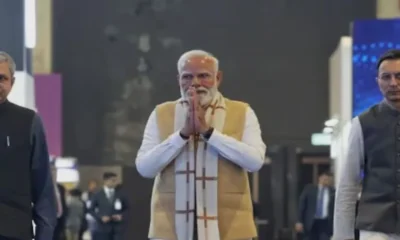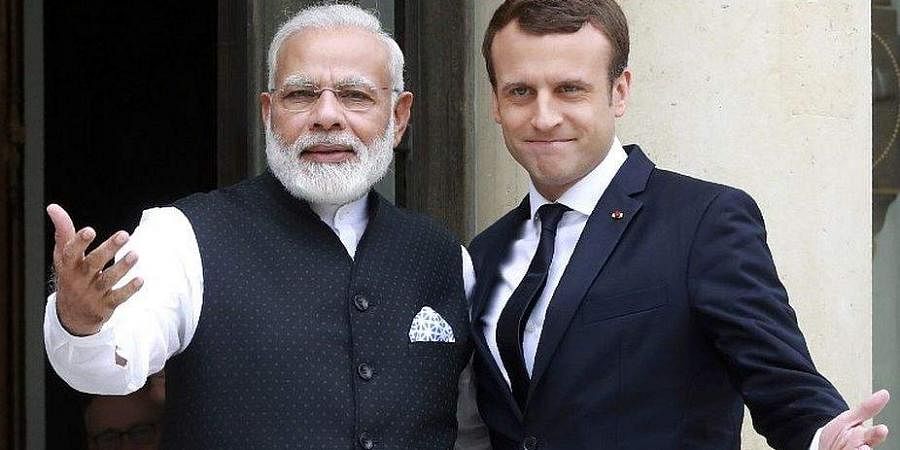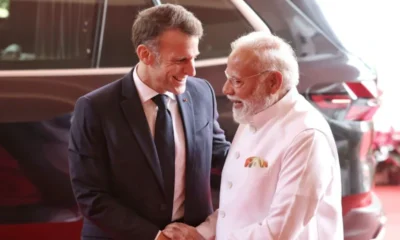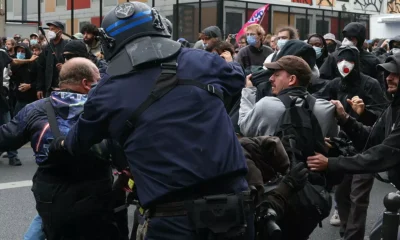[vc_row][vc_column][vc_column_text]Cabinet decided to dissociate from regional conflict
Lebanon’s Prime Minister Sa’ad Hariri has officially announced withdrawing his resignation, what he did while he was in Saudi Arabia on November 4. He announced his decision after Lebanon’s cabinet voted to affirm it’s disengagement from regional conflicts on Tuesday.
According to almanar.com, Hariri read the final statement after the cabinet meeting and asserted that Lebanon remains stick to the “dissociation policy and Taef Accord”.
“The government has unanimously approved a statement pledging compliance with a policy of dissociation, the president’s oath of office in terms of dissociating the country from regional conflicts and non-interference in the internal affairs of other countries,” he added.
President Michel Aoun and PM Hariri held a closed door meeting before the cabinet meeting.
Taef accord was reached in 1989 to provide “the basis for ending of civil war and the return to political normalcy in Lebanon.” Rafik Hariri, former Lebanese PM and father of Sa’ad Hariri, was once Saudi diplomatic representative who played constructive role in formulating the agreement. Sa’ad Hariri enjoys dual citizenship of both the countries: Lebanon and Saudi Arabia.
The Taef accord covered political reform, ending of civil war, establishment of special relations between Syria and Lebanon and a framework for the beginning of complete Syrian withdrawal from Lebanon.
Sa’ad Hariri had suddenly announced his resignation on November 4 from Riyadh. According to earlier reports Hariri received a telephonic call from Riyadh on November 3 asking him to travel the Kingdom without aides. On his arrival at Riyadh airport his mobile was confiscated and no official came to receive him. He read his resignation live on Saudi official TV.
At that time, he alleged Iran for interfering in Lebanon’s internal affairs and Hezbollah for its involvement in the regional conflicts. Hariri also cited “threats” against his life similar to his father Rafik Hariri who was killed in a bomb explosion in Beirut in 2005.
The resistance group Hezbollah played important role in crushing IS terrorists in Syria and Iraq on the invitation of the respective governments. The governments of Iran, Iraq and Syria and Lebanon’s Hezbollah along with Russian air power defeated Daesh (IS) in both the countries.
So far, Hariri has not revealed the details of what he went through before announcing his resignation in Riyadh. After the resignation he had a short visit to Abu Dhabi to meet the Crown Prince Sheikh Mohammed bin Zayed Al Nahyan on November 7.
Lebanese President Michel Aoun had expressed fear of Hariri’s detention in Saudi Arabia. Reuters had confirmed on November 12 about the shocks Hariri went through immediately after his arrival in Riyadh. His location was kept secret that vindicated Aoun’s fear of Hariri being detained by Saudi authorities.
On November 13, Hariri chose to get himself interviewed by his party mouthpiece Future TV. Saudi authorities did not allow even Future TV crew to travel from Beirut to Riyadh for the conducting the interview. With crew and equipment from Saudi official TV, Hariri declared he was living free in Saudi Arabia. He explained that by resigning he “gave a positive shock” to protect his country from imminent danger and pledged to return to Beirut “within days”.
He travelled to France on November 18 to meet President Emmanuel Macron. He also met with Egyptian President Abdel Fettah el-Sisi in Cairo before returning to Beirut on November 21, one day before independence day celebrations on November 22.
However, on his first day in Beirut he met President Micheal Aoun and announced his intention to defer his resignation. He said, “Today, I presented my resignation to the president and he urged me to hold onto it for more dialogue about its reasons and its political underpinnings … and I accepted.”
According to Aljazeera, the Iranian-backed forces in Iraq, Yemen, and Syria are on the winning side of years-long conflicts against Saudi-backed armed groups. Hezbollah has been instrumental in assisting these forces, it said.
The reports also indicate that Hezbollah has agreed to the disassociation policy promising to withdraw its fighters from Iraq once the campaign against Daesh (IS) is declared over.
Recently Lebanese President Michel Aoun, had promised that Hezbollah fighters will return from neighbouring countries once IS was defeated. For now, these guarantees are enough to end Lebanon’s uncertainty, he said.
Aljazeera correspondent from Beirut Zeina Khodr says, “Clearly the political crisis is over. The cabinet met and it’s back in business and this country – which found itself in the middle of a Saudi-Iranian rivalry” is back to the political status quo before Hariri’s resignation.
Analysts believe that with Hariri’s decision to withdraw his resignation after Hezbollah’s commitment to return its fighters once war against Daesh (IS) is declared over, Saudi Arabia’s plot to ignite another war in Lebanon has failed.[/vc_column_text][/vc_column][/vc_row]
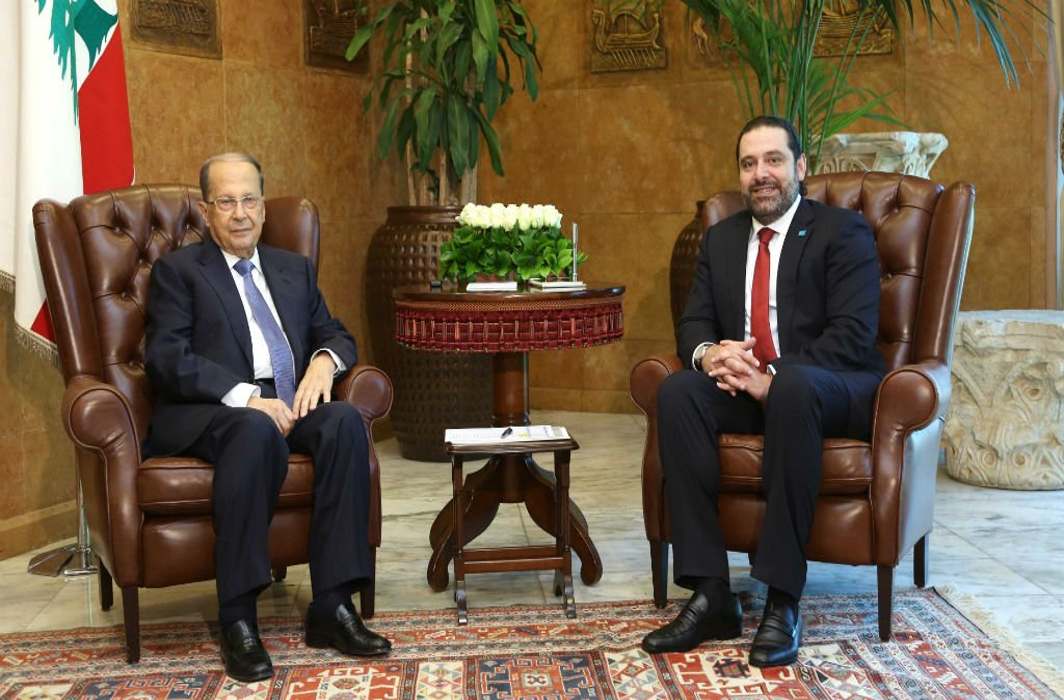

 Latest world news22 hours ago
Latest world news22 hours ago
 Latest world news22 hours ago
Latest world news22 hours ago
 India News22 hours ago
India News22 hours ago
 Latest world news22 hours ago
Latest world news22 hours ago
 India News13 hours ago
India News13 hours ago
 Latest world news13 hours ago
Latest world news13 hours ago




